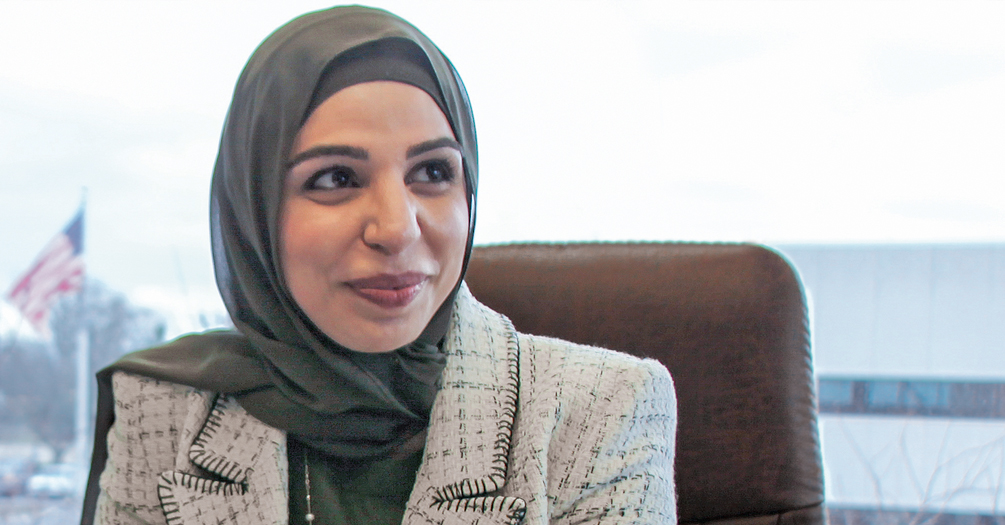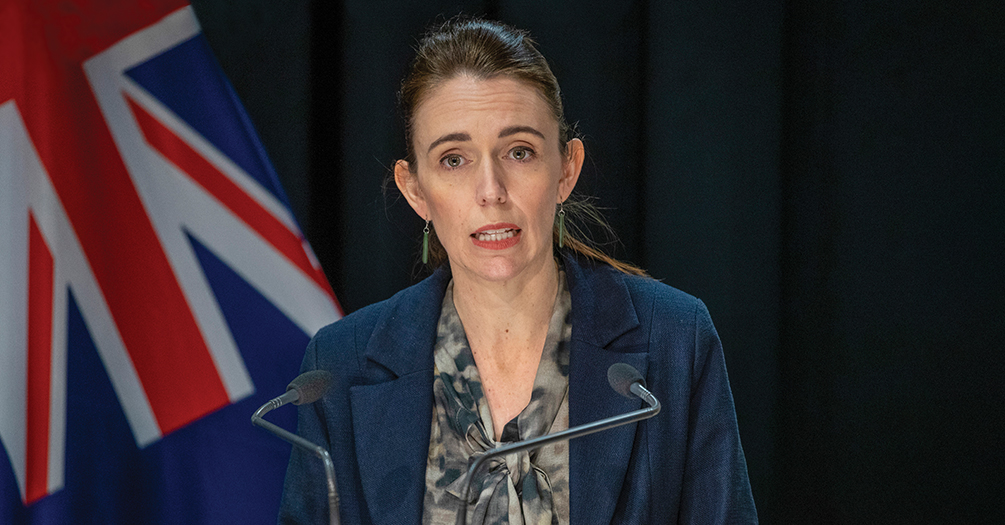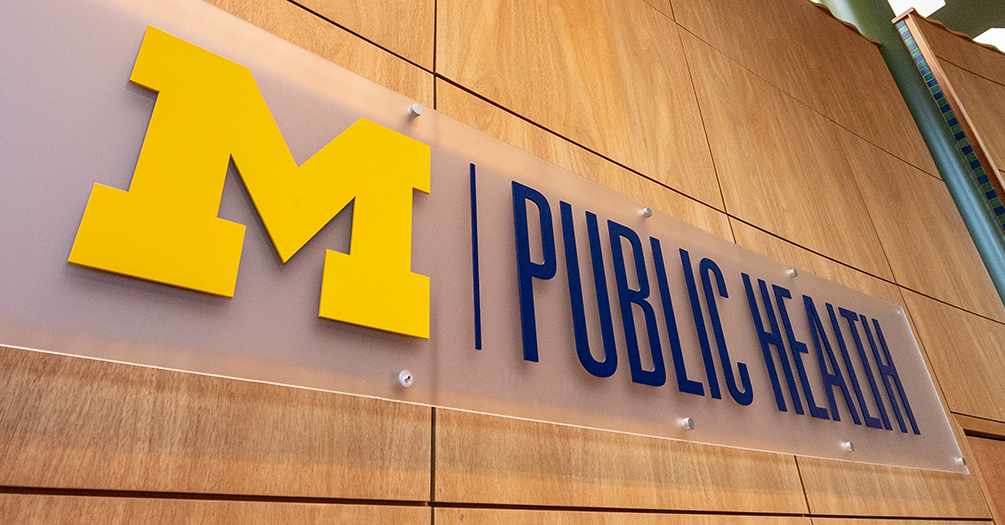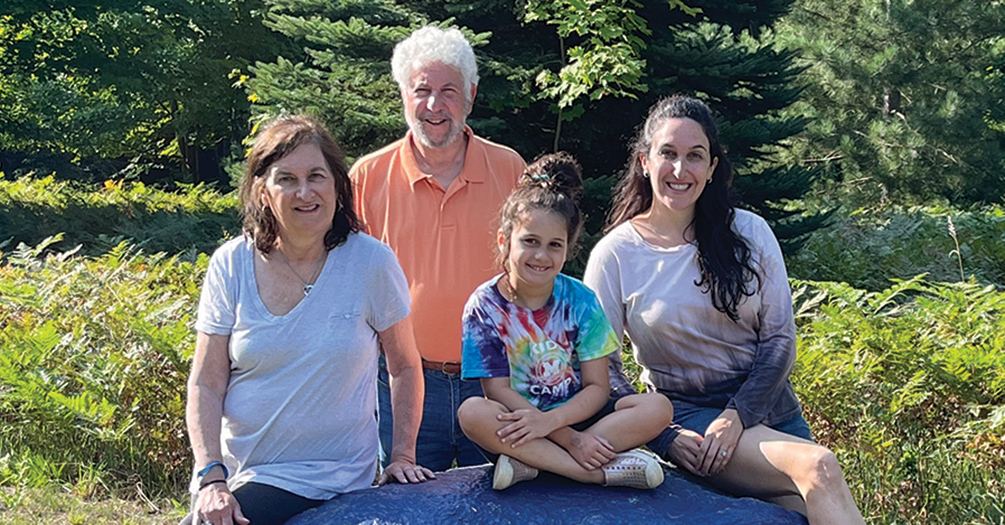
Chief strategy officer has long-term vision for Dearborn
Mariam Mariam Jalloul, MPH ’19
Mariam Jalloul, MPH ’19, chief strategy officer for Dearborn, Michigan, witnessed some rather memorable events during her three years working in Washington, DC, and now she’s ready to leave her mark on her hometown.





